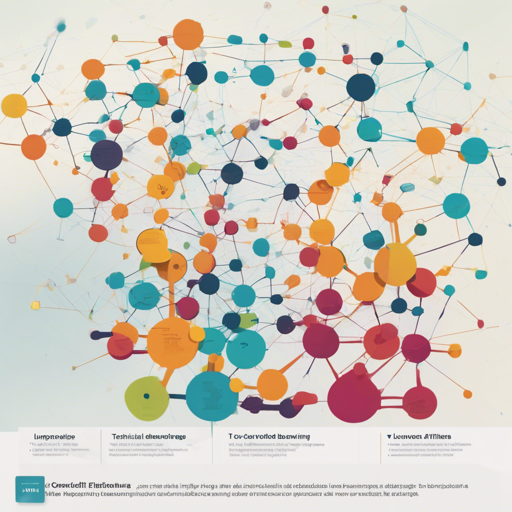Welcome to your guide on using the Implicit library for building recommendation systems based on implicit feedback datasets. This robust Python library offers several popular recommendation algorithms, optimized for speed and efficiency. Let’s dive into how to get started!
What is Implicit?
Implicit is a Python library designed to implement and run various collaborative filtering algorithms efficiently. It handles vast user-item interaction data, such as ratings or clicks, to predict user preferences. You can think of it as a fast chef in a kitchen, preparing delicious meals (recommendations) based on the ingredients (user interactions) you provide.
Installation of Implicit
The first step is to install the library. You can easily do this using pip or conda.
- To install with pip, run:
pip install implicit# For CPU only package
conda install -c conda-forge implicit
# For CPU+GPU package
conda install -c conda-forge implicit implicit-proc=*=gpuBasic Usage
Now that you have Implicit installed, let’s see how to use it for making recommendations!
Here’s a quick primer:
import implicit
# Initialize a model
model = implicit.als.AlternatingLeastSquares(factors=50)
# Train the model on a sparse matrix of user-item confidence weights
model.fit(user_item_data)
# Recommend items for a user
recommendations = model.recommend(userid, user_item_data[userid])
# Find related items
related = model.similar_items(itemid)Understanding the Code: An Analogy
Imagine you are running a bookstore. You have a list of customers (users) and the types of books they bought (items). The Implicit library is your trusty librarian, trained to understand preferences based on previous purchases.
- The library uses Alternating Least Squares (ALS), which analyzes customer behaviors (factors) to predict future purchases (recommendations).
- When asking for recommendations, the librarian consults the customer’s past purchases and suggests books they might like based on similarities with other customers (recommendations).
- If a customer is curious about a specific book, the librarian can also find similar books (related items) based on the store’s collection.
Troubleshooting
If you run into issues, here are some troubleshooting tips:
- Ensure that you have SciPy version 0.16 or later, and Python version 3.6 or higher.
- For GPU support, check that you have at least version 11 of the NVidia CUDA Toolkit.
- Make sure to set the following environment variable to improve performance:
export OPENBLAS_NUM_THREADS=1for OpenBLAS users, andexport MKL_NUM_THREADS=1for Intel MKL users.
For more insights, updates, or to collaborate on AI development projects, stay connected with fxis.ai.
Further Resources
Explore articles about the algorithms behind this library:
- Finding Similar Music with Matrix Factorization
- Faster Implicit Matrix Factorization
- Implicit Matrix Factorization on the GPU
At fxis.ai, we believe that such advancements are crucial for the future of AI, as they enable more comprehensive and effective solutions. Our team is continually exploring new methodologies to push the envelope in artificial intelligence, ensuring that our clients benefit from the latest technological innovations.
Conclusion
With Implicit, building a recommendation system is easier and faster than ever. By following the installation and basic usage guides outlined in this post, you can start generating personalized recommendations from implicit datasets today!

